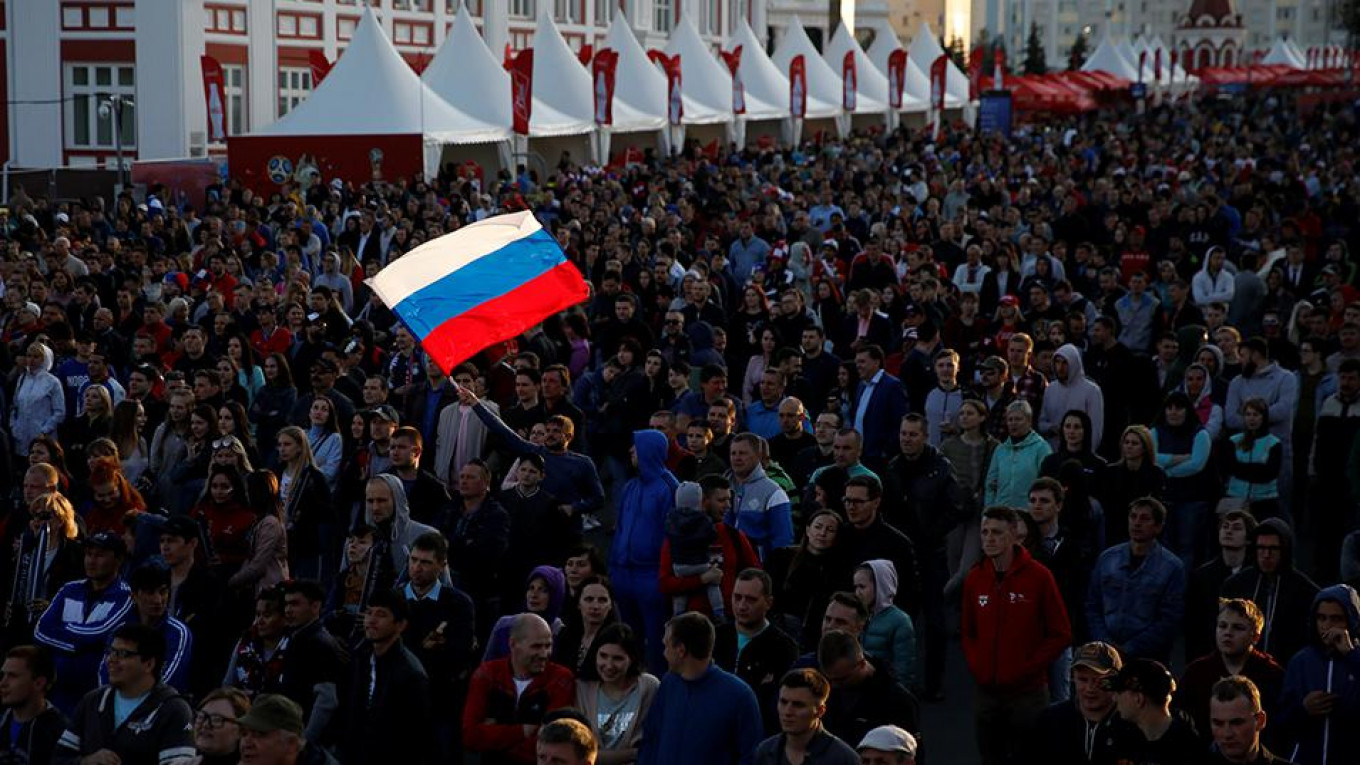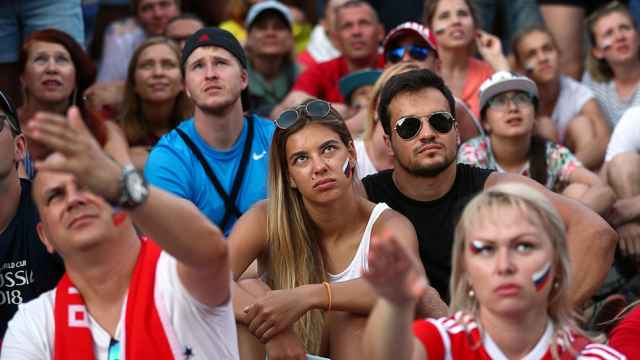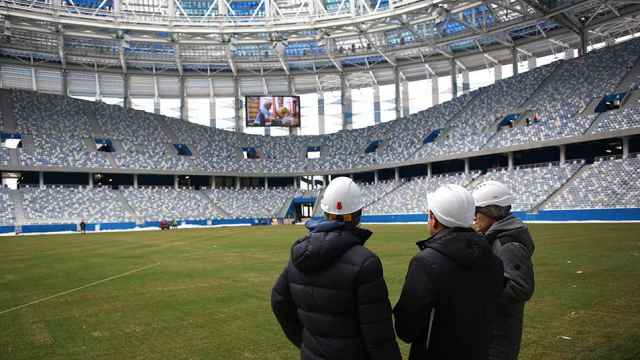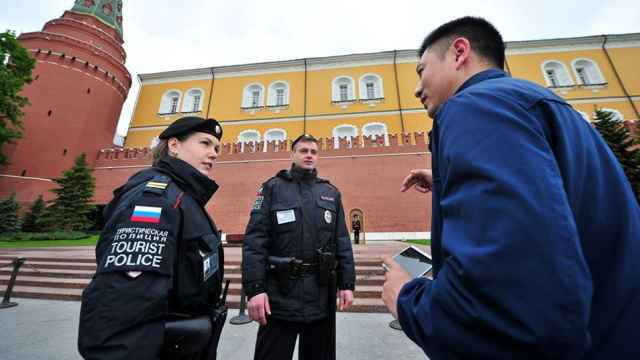The risk of terror attacks and damage from hooligans has pushed up premiums for businesses and players buying insurance for the football World Cup in Russia compared to the previous event in Brazil, brokers and insurers say.
The insured value of the event is over $10 billion, they estimate. Premiums against terror attacks are around 10 percent higher than the last World Cup in 2014 or previous World Cups.
Stadium owners, ticketing agents, catering companies and players are among those insuring against risks that also include cancellation, kidnap, cyber attacks and personal injury.
Insurers were encouraged by Russia's trouble-free Winter Olympics in 2014 in Sochi but the country is embroiled in conflicts that have increased the risk of an attack.
"The biggest concerns are terror risk, war risk, the event not happening or a match being moved from one stadium to another – this one is more likely," said insurance broker Integro's head of sporting events, contingency and risk management James Davies. He said that "premium...is hardening, slightly."
Russia has backed Syrian President Bashar al-Assad's war effort which has angered rebel groups such as Islamic State, and has also fought internal wars with separatists in the mainly Muslim republic of Chechnya.
Two other insurers told Reuters that premiums had risen.
Ben Lockwood is terrorism underwriter at Lloyd's of London insurer AEGIS London, which has provided cover for the tournament's stadiums along with other Lloyd's underwriters such as Beazley.
"The perceived terrorism risk in Russia is considerably higher than Brazil," he said.
"I'd estimate this balances out at the Russia World Cup (premiums) being about 10 percent higher than Brazil."
Michael Furtschegger, head of entertainment international at Allianz, also said premiums for policies covering hooliganism and terror attacks were "probably higher" than for some previous World Cups.
The success of the Sochi Olympics and strong competition among insurers has kept the rise in premiums lower than it might have otherwise been, they said.
Active Shooter Policies
Insurer Beazley estimates that the event is insured for more than $10 billion across organizations including stadiums, hospitality firms, TV companies and the clubs.
The twelve stadiums, from Yekaterinburg in the east to St Petersburg in the north, Kaliningrad in the west and Sochi in the south, are insured for physical damage to a sum of around $1 billion. A further $250 million is for terrorism liability and $100 million is for active shooter policies.
Demand for active shooter policies, which include attacks using vehicles or knives, has risen compared with Brazil, said Chris Parker, head of political violence, terrorism and kidnap and ransom underwriting at Beazley.
Lockwood said insurance premiums against terror attacks were less than 0.5 percent of the sum insured, cheaper than for Sochi. That means for every $1 million of cover, policyholders would be paying $5,000 in premium.
President Vladimir Putin's government is set to deploy thousands of security personnel to protect the stadiums in a "ring of steel" so Lockwood said any attacks could focus on easier-to-reach targets.
For that reason, Lockwood said AEGIS was not underwriting cover for airports, railway stations or the underground network.
The risk to critical infrastructure is perceived to have increased in the last few years, said Duncan Fraser, senior partner at broker JLT Sport Media and Entertainment.
"When you place your policy two or three years before, it's a different risk profile than it is now. I think if you are looking at it now, there is a perceived increased risk," Fraser said. "They'll be paying far higher pricing in my mind."
Beazley estimated that the hospitality industry was insured for $500 million against the risk of event cancellation, with a further $150 million of insurance linked to World Cup-related sales promotions.
Ticketing agencies may have insured against a cyber breach and clubs will likely have bought cover in case of injury and loss of player income.
Organizer FIFA has paid $134 million for insurance for clubs whose players get injured.
Lloyd's of London estimates that the legs of forwards — the most valuable of all the players — have an average insurable value of more than 19 million pounds ($25.33 million).
A Message from The Moscow Times:
Dear readers,
We are facing unprecedented challenges. Russia's Prosecutor General's Office has designated The Moscow Times as an "undesirable" organization, criminalizing our work and putting our staff at risk of prosecution. This follows our earlier unjust labeling as a "foreign agent."
These actions are direct attempts to silence independent journalism in Russia. The authorities claim our work "discredits the decisions of the Russian leadership." We see things differently: we strive to provide accurate, unbiased reporting on Russia.
We, the journalists of The Moscow Times, refuse to be silenced. But to continue our work, we need your help.
Your support, no matter how small, makes a world of difference. If you can, please support us monthly starting from just $2. It's quick to set up, and every contribution makes a significant impact.
By supporting The Moscow Times, you're defending open, independent journalism in the face of repression. Thank you for standing with us.
Remind me later.






